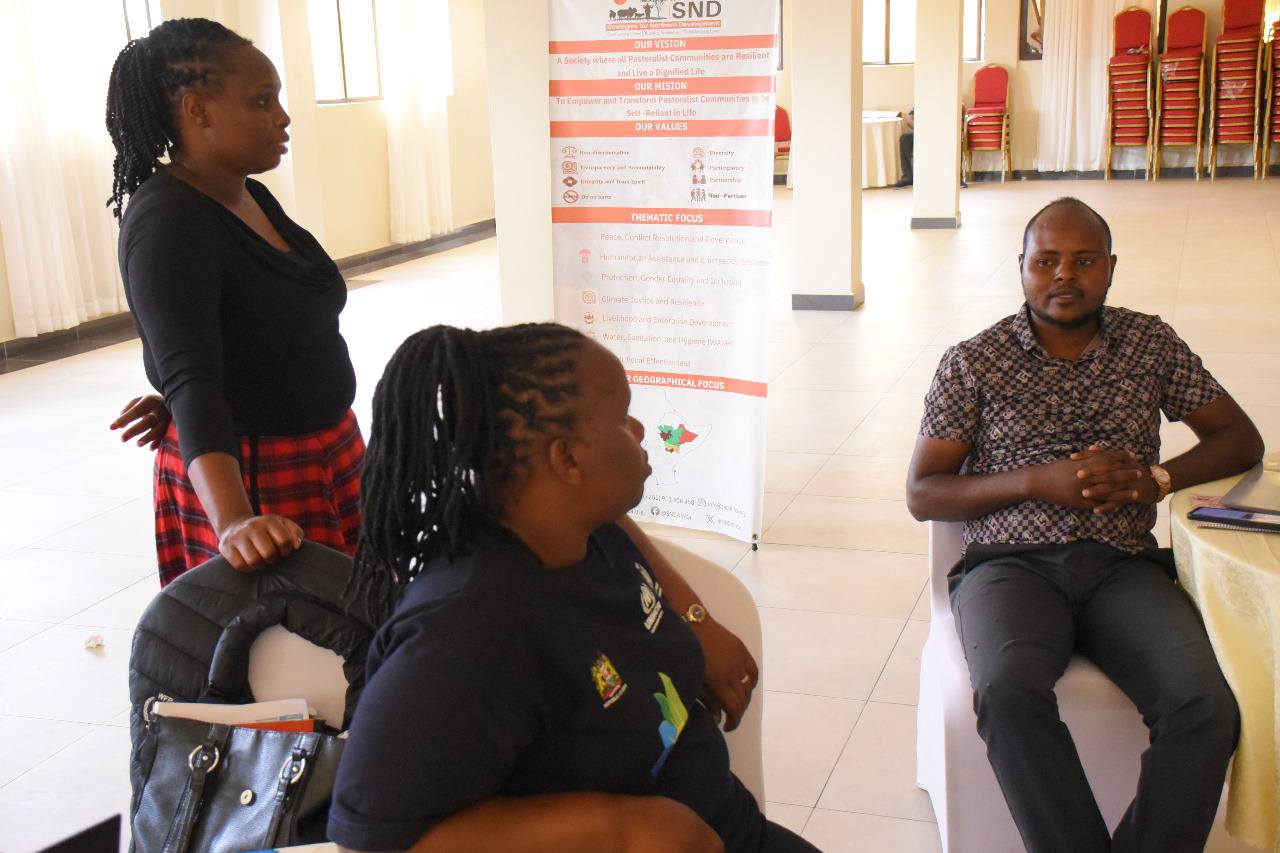The World Food Programme (WFP), Strategies for Northern Development (SND Africa), and the County Government of Marsabit have formed a new partnership aimed at addressing food insecurity and building long-term resilience in Northern Kenya’s Arid and Semi-Arid Lands (ASALs).
The partners met last week in Moyale, where they agreed on shared priorities to strengthen food systems, promote climate adaptation, and enhance community resilience through locally driven, data-informed solutions.
The discussions focused on practical, evidence-based approaches to tackling food insecurity, from improving agricultural productivity to supporting sustainable livelihoods.
All efforts are anchored in the lived realities of ASAL communities, where climate shocks, drought, and limited resources continue to challenge food production and household nutrition.
At the heart of the collaboration is a shared belief that lasting progress depends on strong partnerships between organisations, governments, and local communities.
The partners underscored the need to pool expertise, resources, and local knowledge to design interventions that deliver measurable impact.
Among the key focus areas identified were enhancing fish production and financial inclusion around Lake Turkana, strengthening nutrition practices through the PD Hearth model, and restoring degraded ecosystems under the Ecosystem, Community Infrastructure and Livelihoods (ECL) programme.
Together, these initiatives aim to transform local food systems while empowering farmers, families, and small businesses.
Speaking at the co-creation workshop, the partners emphasised that this initiative goes beyond program design; it represents a shift in how development actors collaborate.
The approach prioritises community ownership, implementation efficiency, and sustainability, ensuring that support reaches the most vulnerable households.

